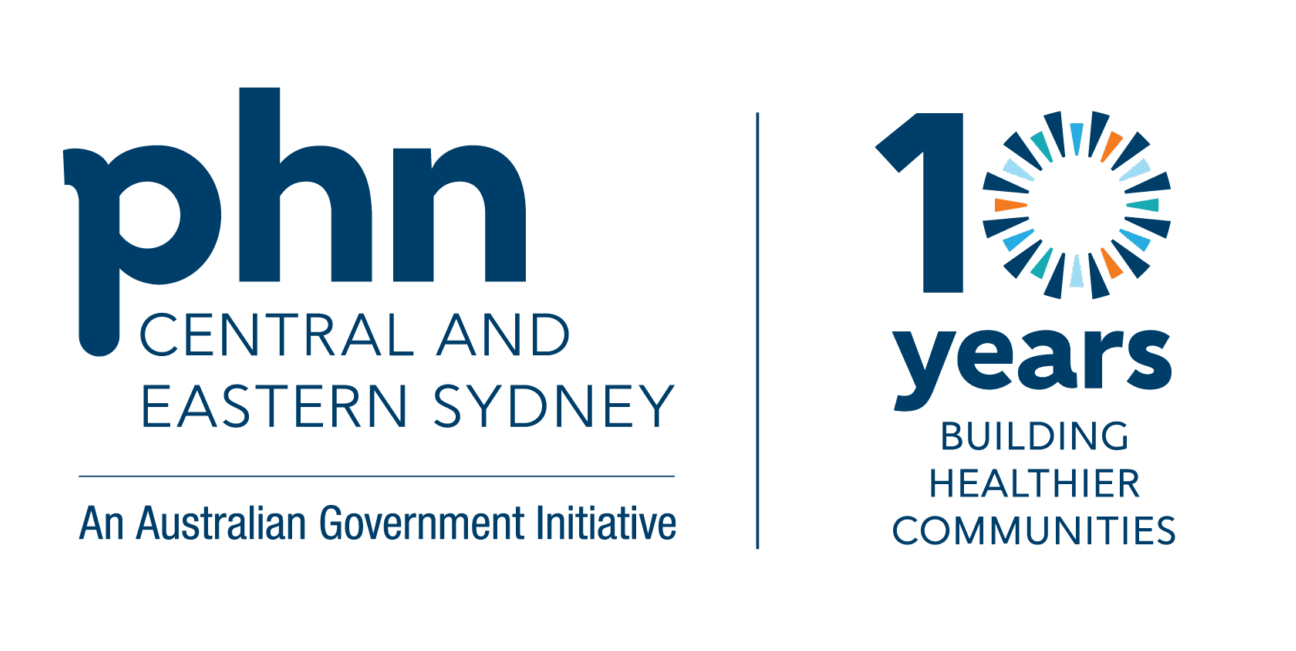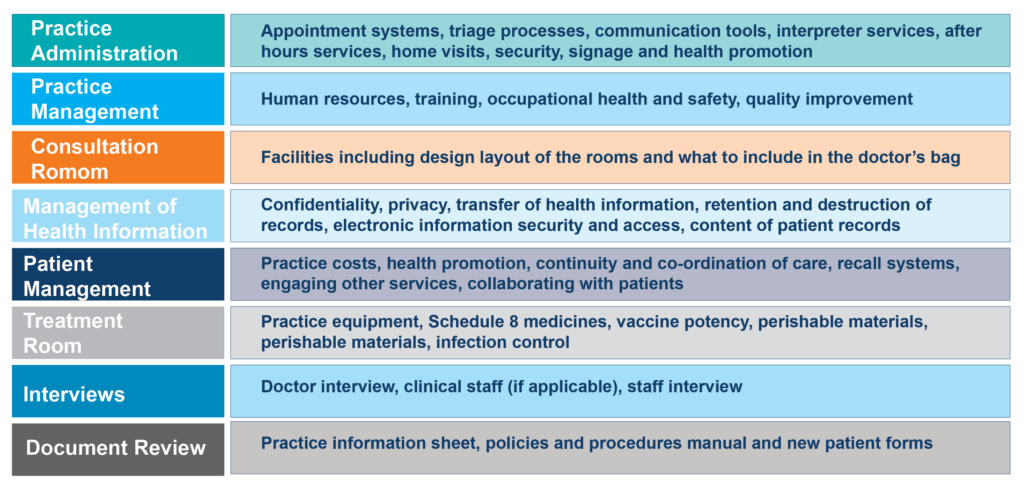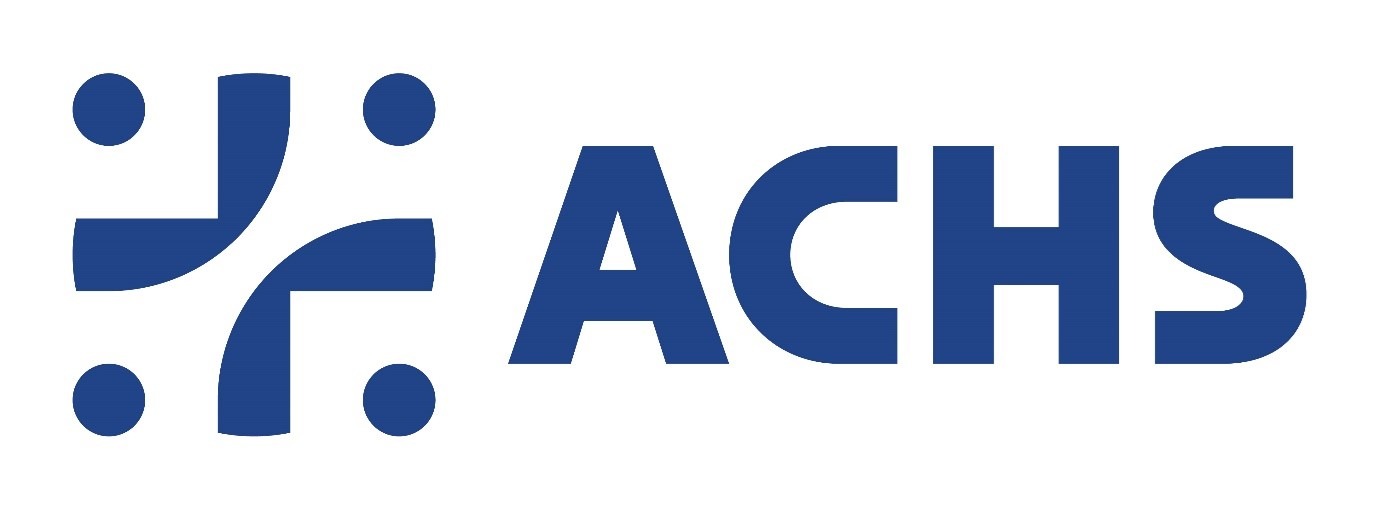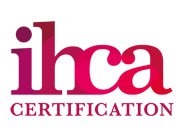The Practice Incentives Program (PIP) aims to encourage general practices to continue providing quality care, enhance capacity, and improve access and health outcomes for patients.
To participate in the Practice Incentives Program (PIP) you must meet ongoing eligibility requirements. Practices must either be accredited or become accredited within 12 months to be eligible for the PIP. Read the Practice Incentives Program guidelines for more information.
The PIP is administered by Department of Human Services on behalf of the Department of Health. There are 8 individual incentives under 3 payment streams. Payments are made to both the practice and the individual practitioner, and are generally calculated based on practice size.
The guidelines for each individual incentive have specific eligibility requirements. You must participate in the Practice Incentives Program (PIP) before applying for individual incentives. Application to register for PIP is completed in HPOS using an individual PRODA account. Information on registering can be found on the Services Australia website.
If your practice is eligible you can apply for these 8 individual incentives:
After Hours Incentive
This incentive supports general practices to provide their patients with appropriate access to after hours care.Read the After Hours Incentive guidelines, effective November 2016.
eHealth Incentive
This incentive encourages general practices to keep up to date with digital health and adopt new health technology.Read the eHealth Incentive guidelines, effective May 2016. For more information about ePIP eligibility Click Here.
General Practitioner Aged Care Access
This incentive encourages GPs to provide increased and continuing services in Australian Government funded residential aged care facilities. Read the General Practitioner Aged Care Access Incentive guidelines, effective July 2021.
Indigenous Health Incentive
This incentive supports practices and Indigenous health services to provide better health care for Aboriginal and Torres Strait Islander patients. Read the Indigenous Health Incentive guidelines, effective from July 2023 .
Procedural General Practitioner Payment
This incentive encourages GPs in rural and remote areas to maintain local access to surgical, anaesthetic and obstetric services.This payment is made in February and August each year.Read the Procedural General Practitioner Payment guidelines, effective June 2017.
Quality Improvement Incentive
This incentive is a payment to general practices that participate in quality improvement activities to improve patient outcomes and deliver best practice care.This includes the Guidelines, PIP Eligible Data Set Data Governance Framework, and 10 Improvement Measures.
Click Here to access sample templates and tools for your practice to get started with as a guide.
You can get more information about the PIP Quality Improvement Incentive on the Department of Health website.
Rural Loading Incentive
This incentive recognizes the difficulties of providing care, often with little professional support, in rural and remote areas. Read the Rural Loading Incentive guidelines, effective from November 2013
Teaching Payment
This payment encourages practices to provide teaching sessions to undergraduate and graduate medical students preparing to enter the Australian medical profession. Read the Teaching Payment guidelines, effective from August 2018.
For more information about how to apply and what are the payments,visit Services Australia website.












